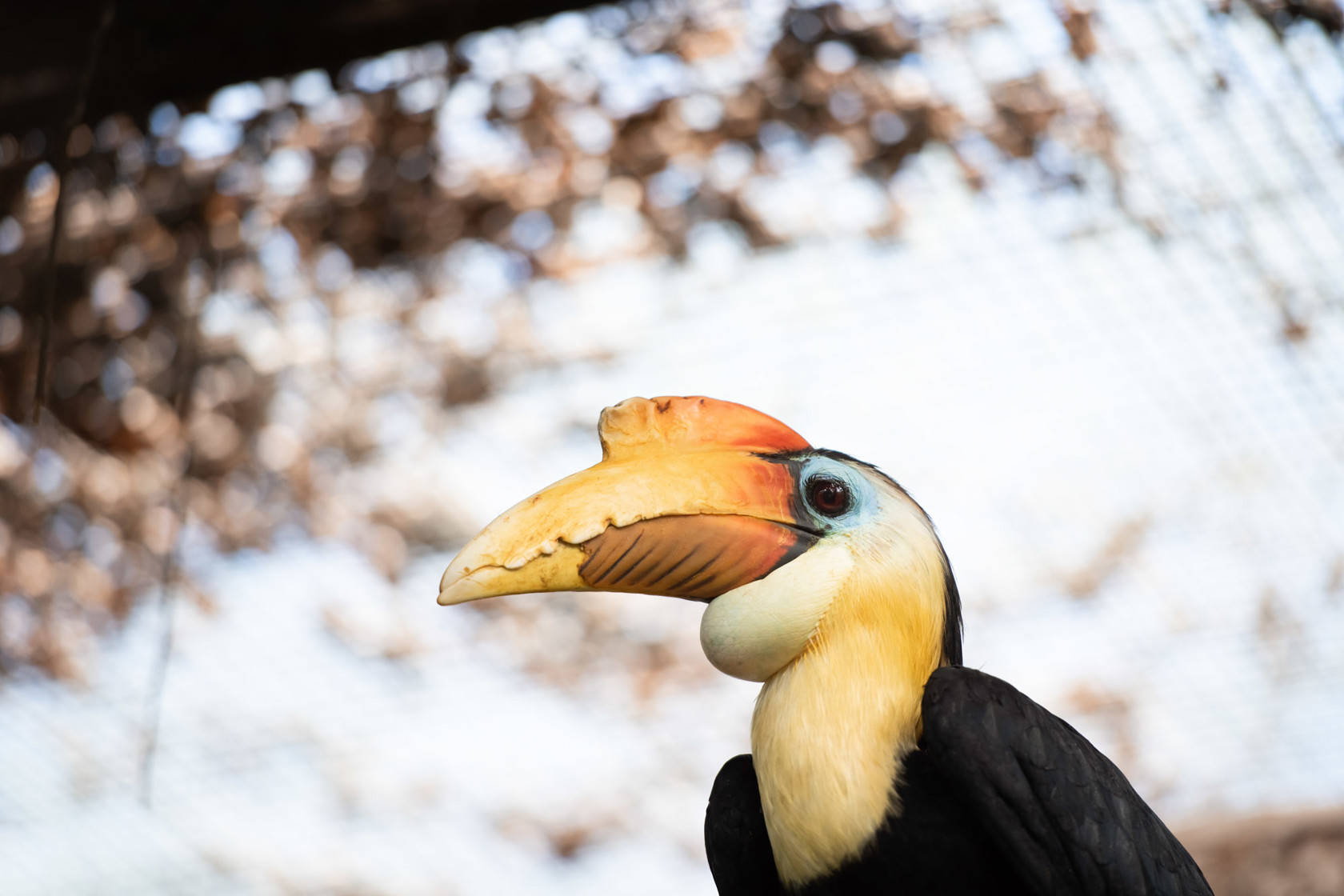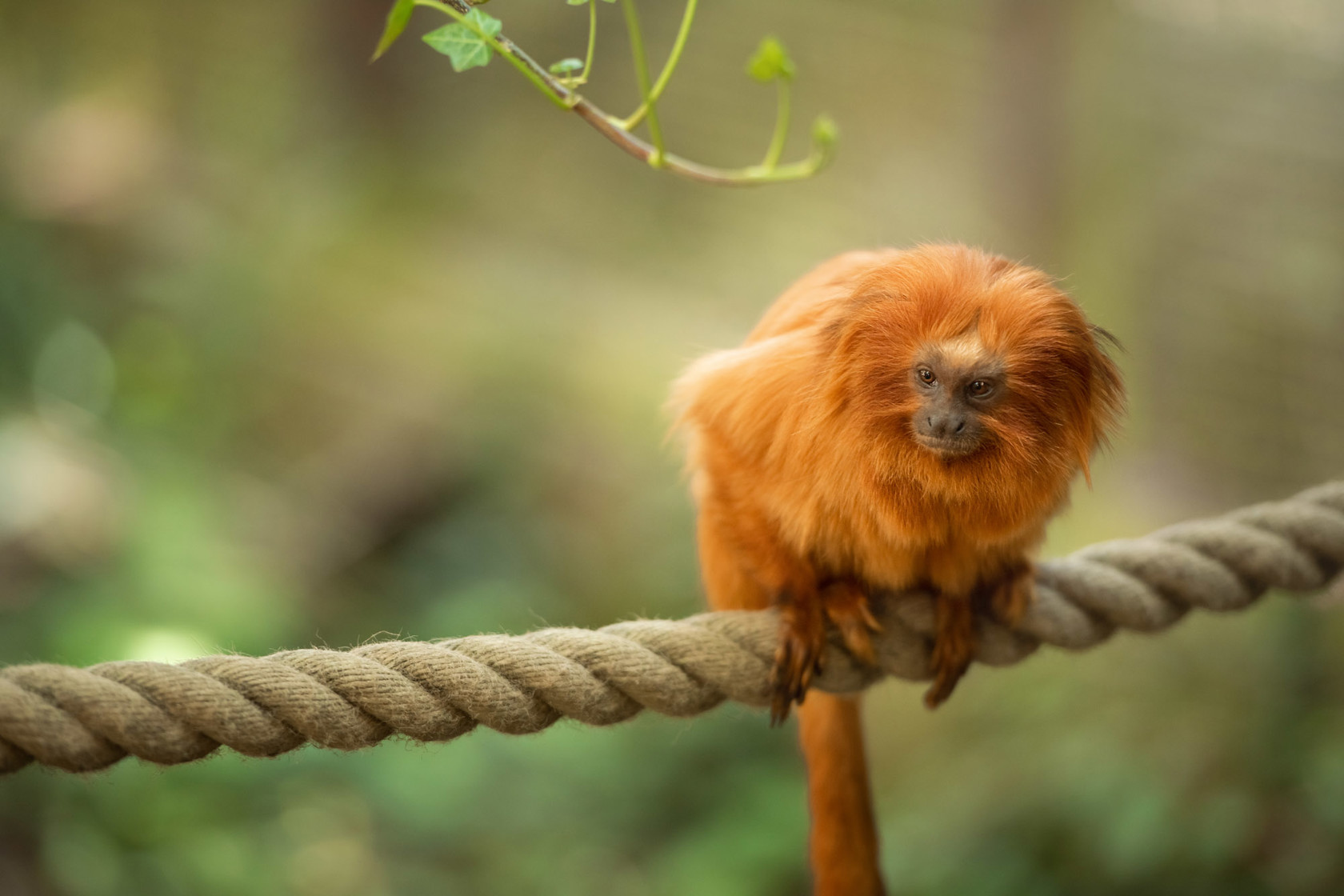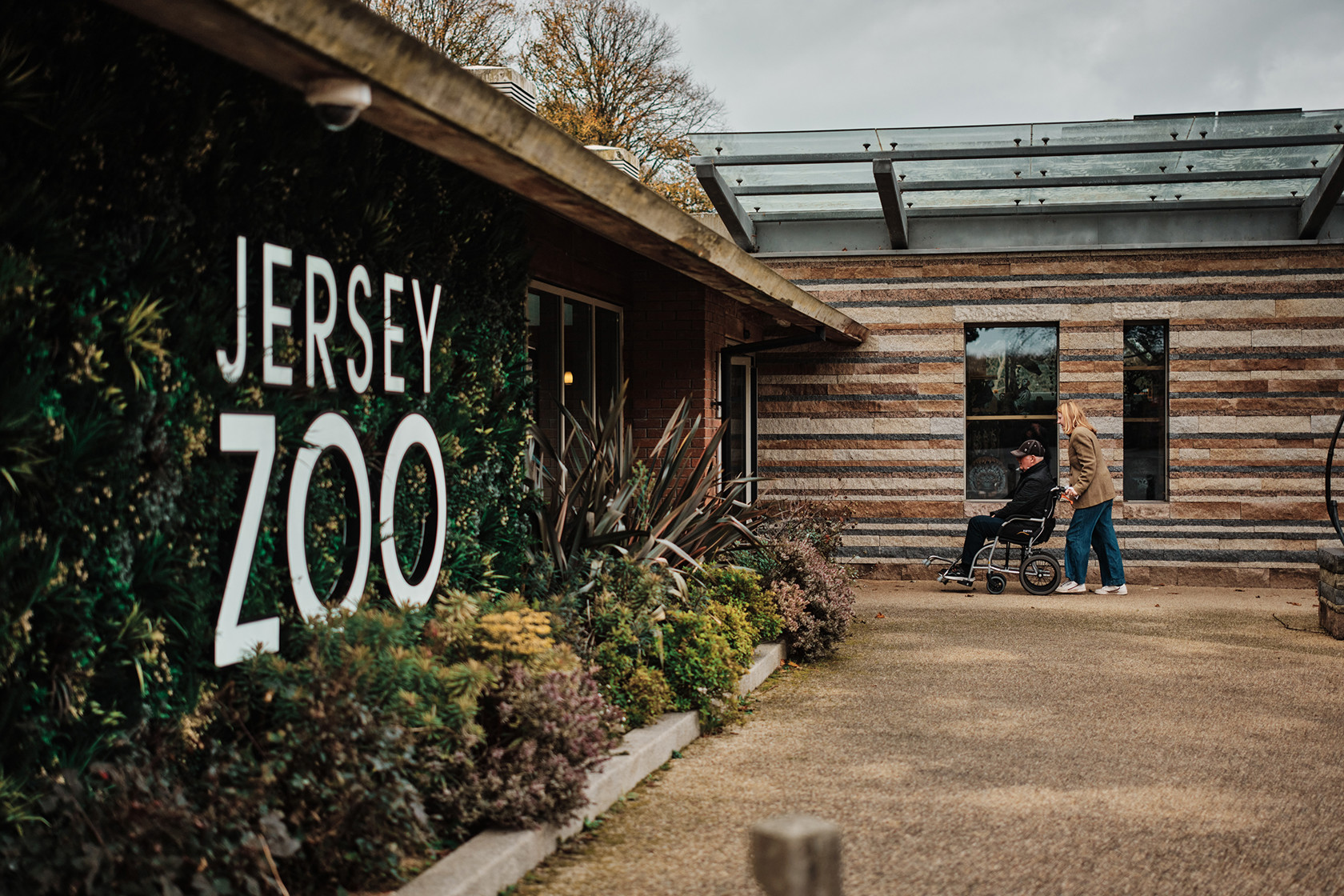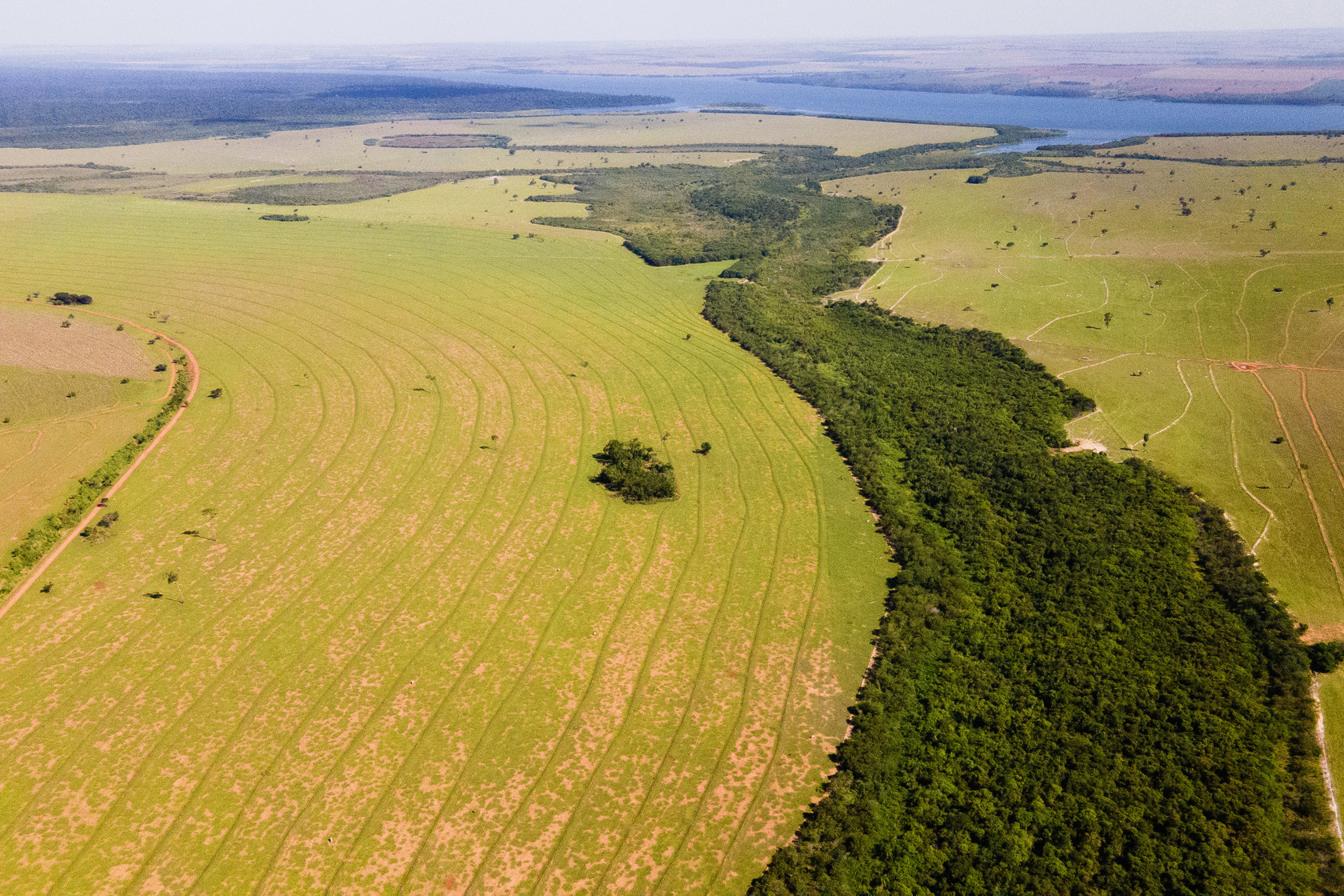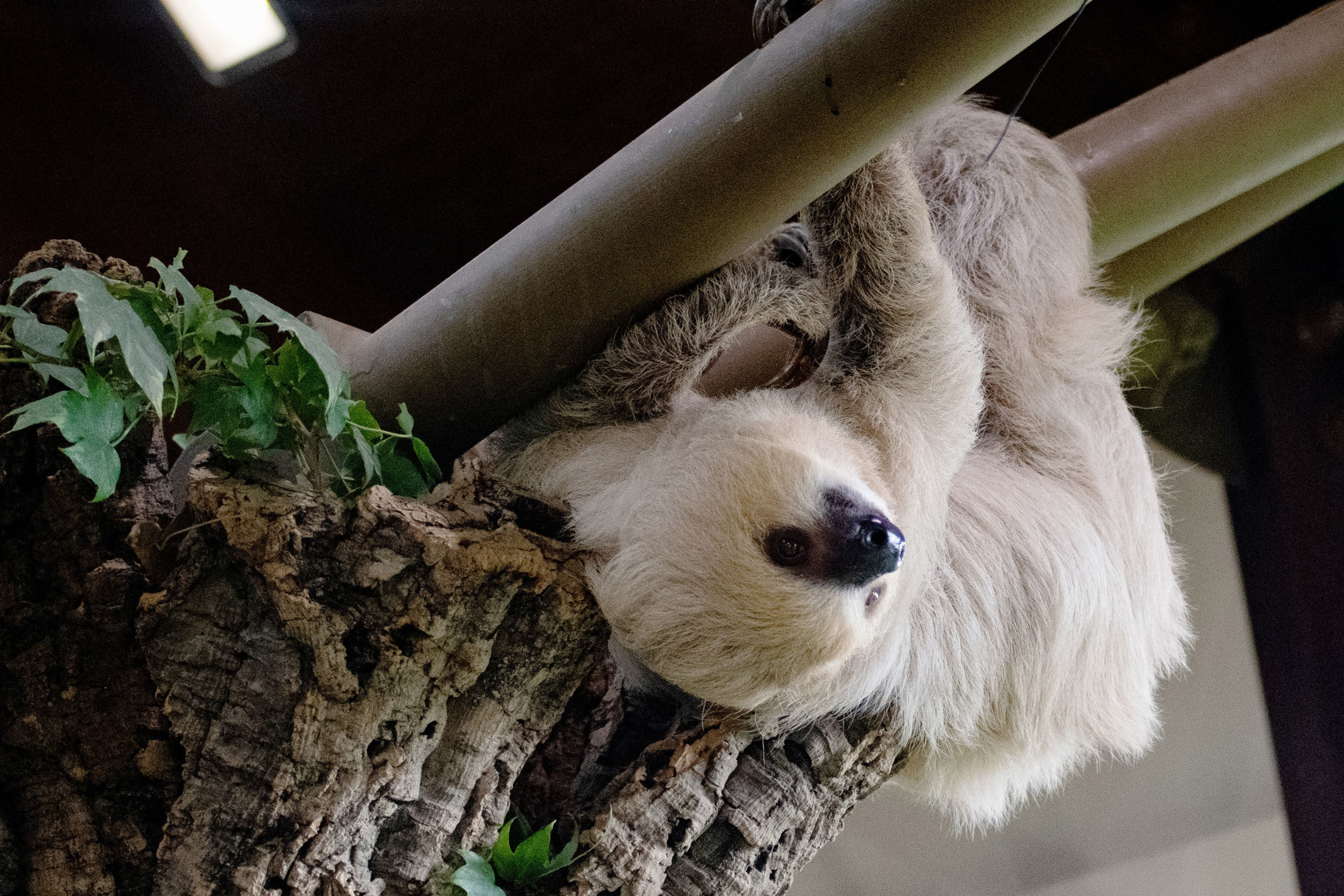Rare pygmy hogs arrive at Assam State Zoo
A pair of Critically Endangered pygmy hogs were transferred to Assam State Zoo and Botanical Garden last week in an attempt to increase awareness among local people about their decline in the wild and the loss of their habitat.
The animals were transferred from the Pygmy Hog Pre-release Centre based in Nameri and have now joined two more hogs, which were relocated to the wildlife park in Guwahati earlier this year. Assam State Zoo currently remains the only zoo in the world to house this rare species.
With less than 250 pygmy hogs remaining in the wild, conservationists view this move as an essential way to educate local people about their plight in the wild, brought on by the increased degradation of their rare grassland habitat. The only viable population of pygmy hogs is now restricted to Manas National Park in north-western Assam, India.
Dr Parag Deka, Project Director of the Pygmy Hog Conservation Programme, says “It is almost impossible to see pygmy hogs in the wild as they live specifically within the tall grassland habitat of Manas. Though people know about the species, many have never seen the animal, particularly the younger generation.
We always want people to get to know the species in person and also understand the importance of its habitat. So, I think the display unit at the zoo will give local people the chance to finally see the animal and feel pride that it still exists only here.”
Durrell has been working alongside local partners (EcoSystems-Indian and Aaranyak) in Assam to safeguard the species from extinction both in captivity by breeding and in the field by reintroduction since 1996. The native habitat of the pygmy hog is the unique Terai grasslands, which once ran the length of the Himalayas in northern India, but it is now being cleared on an extensive scale to make way for human development. Restoring the biodiversity in these rich habitats is a key part of Durrell’s ‘Rewild Our World’ strategy.
The animals were transferred from the Pygmy Hog Pre-release Centre based in Nameri and have now joined two more hogs, which were relocated to the wildlife park in Guwahati earlier this year. Assam State Zoo currently remains the only zoo in the world to house this rare species.
With less than 250 pygmy hogs remaining in the wild, conservationists view this move as an essential way to educate local people about their plight in the wild, brought on by the increased degradation of their rare grassland habitat. The only viable population of pygmy hogs is now restricted to Manas National Park in north-western Assam, India.
Dr Parag Deka, Project Director of the Pygmy Hog Conservation Programme, says “It is almost impossible to see pygmy hogs in the wild as they live specifically within the tall grassland habitat of Manas. Though people know about the species, many have never seen the animal, particularly the younger generation.
We always want people to get to know the species in person and also understand the importance of its habitat. So, I think the display unit at the zoo will give local people the chance to finally see the animal and feel pride that it still exists only here.”
Durrell has been working alongside local partners (EcoSystems-Indian and Aaranyak) in Assam to safeguard the species from extinction both in captivity by breeding and in the field by reintroduction since 1996. The native habitat of the pygmy hog is the unique Terai grasslands, which once ran the length of the Himalayas in northern India, but it is now being cleared on an extensive scale to make way for human development. Restoring the biodiversity in these rich habitats is a key part of Durrell’s ‘Rewild Our World’ strategy.

